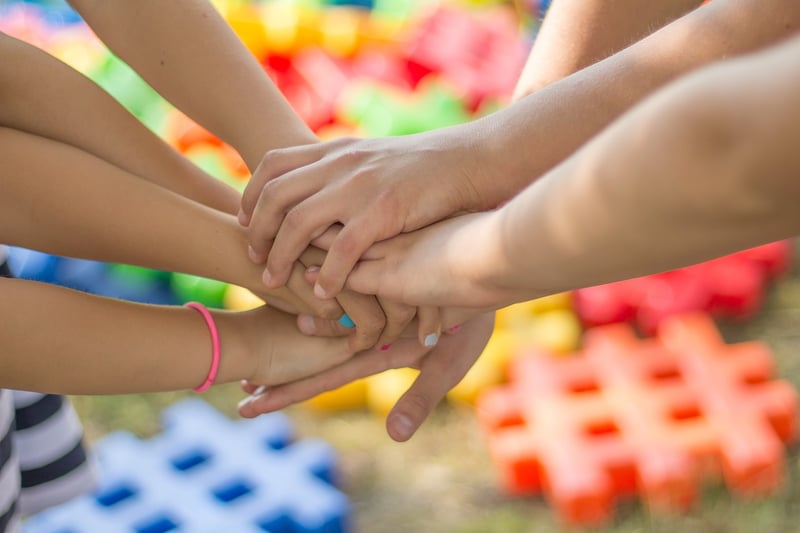Community Engagement
The Power of Building Relationships and Networks for Community Engagement
Building relationships and networks is essential for fostering community engagement and creating a strong support system. Whether you are an individual looking to make a difference in your community or part of an organization seeking to drive positive change, connecting with others is key to success.
Why Relationships Matter
Strong relationships form the foundation of a thriving community. By building connections with diverse individuals and groups, you can leverage collective knowledge, resources, and skills to address common challenges and achieve shared goals. Trust and communication are vital components of successful relationships, allowing for open dialogue and collaboration.
The Benefits of Networking
Networking expands your reach and influence within the community. By attending events, joining groups, and participating in activities related to your interests or cause, you can meet like-minded individuals, potential collaborators, and mentors who can offer support and guidance. Networking also enables you to stay informed about community initiatives and opportunities for involvement.
Strategies for Effective Relationship Building
- Attend community events and meetings to meet new people and engage in discussions.
- Volunteer for local organizations or causes to connect with individuals who share your values.
- Utilize social media platforms to stay connected with community members and organizations.
- Offer support and assistance to others to strengthen relationships and build trust.
Cultivating a Supportive Network
Creating a supportive network involves nurturing existing relationships and actively seeking out new connections. By fostering a sense of belonging and collaboration, you can create a network of individuals who are invested in each other's success and well-being. This network can provide emotional support, professional development opportunities, and a sense of community.
Engaging the Community
Community engagement is about involving community members in decision-making processes, problem-solving, and collaborative efforts to address local issues. By building relationships and networks, you can facilitate meaningful engagement and create a sense of ownership and empowerment within the community. Engaged community members are more likely to contribute their time, resources, and expertise to collective endeavors.
Conclusion
Building relationships and networks is a powerful tool for community engagement and collective impact. By investing in meaningful connections, you can create a supportive ecosystem that fosters collaboration, innovation, and positive change within your community.
Remember, the strength of a community lies in the relationships that bind its members together.

Join hands today and start building a better tomorrow for your community!
